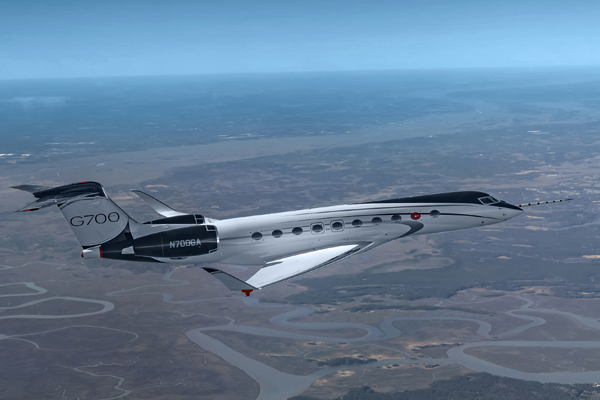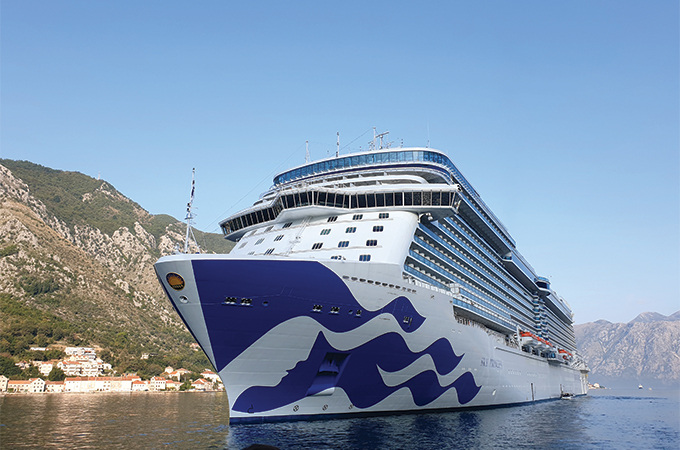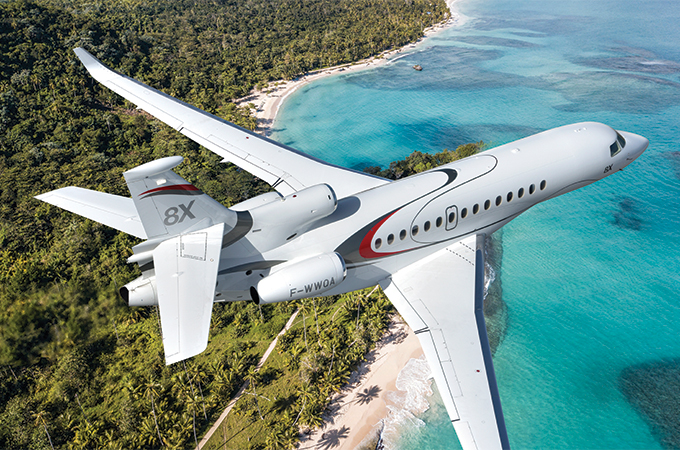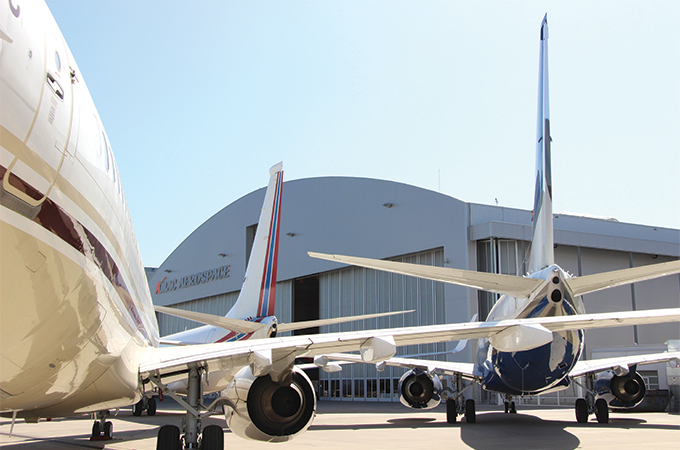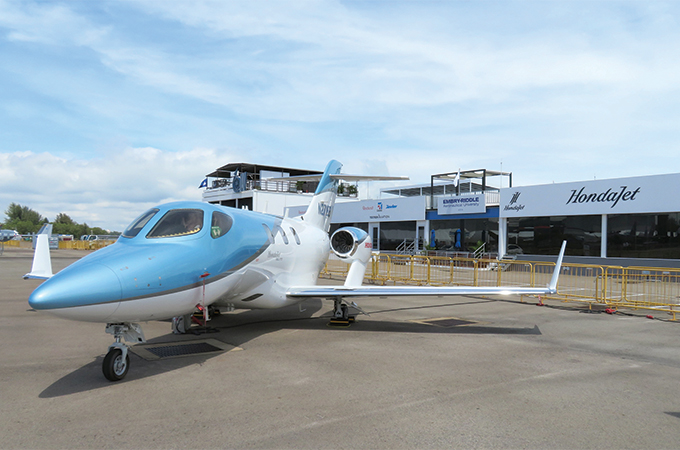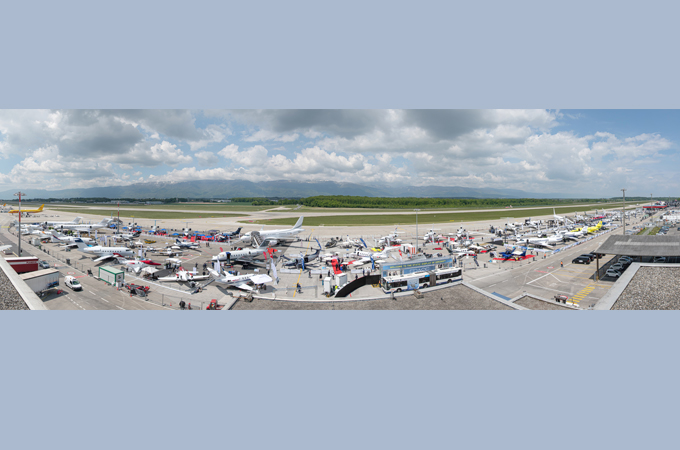Wed, May 25, 2016
Business jets are an absolute necessity for companies to grow and prosper, speakers said yesterday at the 2016 European Business Aviation Convention & Exhibition (Ebace) in Geneva, Switzerland.
Channel IT Group CEO and Chairman Bassim Haidar said that business jets played a crucial role in helping him expand in less than 10 years from a humble local outfit in Lagos, Nigeria to a telecommunications and electricity provider in 23 countries from Asia to Latin America, Africa and the Middle East.
“If I was building a business in emerging markets and I wanted to fly [commercially] from Nigeria to Cameroon… up until a few years ago, it was actually easier to fly to Europe and back down,” said Haidar told delegates at the opening general session of the event.
When Haidar began scaling outside Nigeria, he was so frustrated with the challenge of travelling between West African countries that he started his own airline. Today, as a global CEO, he flies more than 500 hours a year, mostly in business aircraft.
“A few weeks ago, I visited nine countries in six days,” said Haidar. “If I took commercial flights, I wouldn’t be here today.”
Haidar said Channel IT Group had grown so fast partly because of the company’s use of business aircraft, adding, “it’s not a luxury, it’s a tool that is an absolute necessity”.
Bernard Kouchner of Médecins Sans Frontières (Doctors Without Borders), also testified to the value of business jets.
“I was not aware of business aviation [as an industry], but I used to travel a lot on your planes,” said Kouchner, the co-founder of Doctors Without Borders and later the French Minister of Foreign and European Affairs.
Kouchner recalled many of his humanitarian missions with Doctors Without Borders on various aircraft, from a Malmö MFI-9 to a C130 Hercules, and – on his first mission from Ebace’s home in Geneva to Nigeria as part of the Biafran Airlift – a Corvair 990 Commodore.
“I am the history of aviation,” he said, before adding that reaching people in humanitarian crises would be impossible without light aircraft.
“Not only for medical reasons, but for all transportation,” said Kouchner, “These towns have no commercial line and rely on little planes, so the development of your industry is absolutely crucial.”
Patrick Ky, Executive Director of the European Aviation Safety Agency (EASA) agreed the business aviation industry was important, because of its “dynamism, willingness to innovate and close partnership with regulatory authorities.”
Citing business aviation’s remarkably low accident rate, Ky said it’s clear the industry is “very mature in terms of safety management and risk”.
As EASA implements Part NCC and begins working on its new basic regulation (the EU legislation authorising the agency), Ky said the industry should further develop its capability to undertake its own safety management.
This would be a fundamental change for EASA, but it would recognize that it oversees “an industry whose business is to be safe,” said Ky. This year, EASA was taking this approach with initiatives such as testing a risk-based approach for the certification of business aircraft and depending more on industry standards, IS-BAO for example, to reduce risk, he added.






